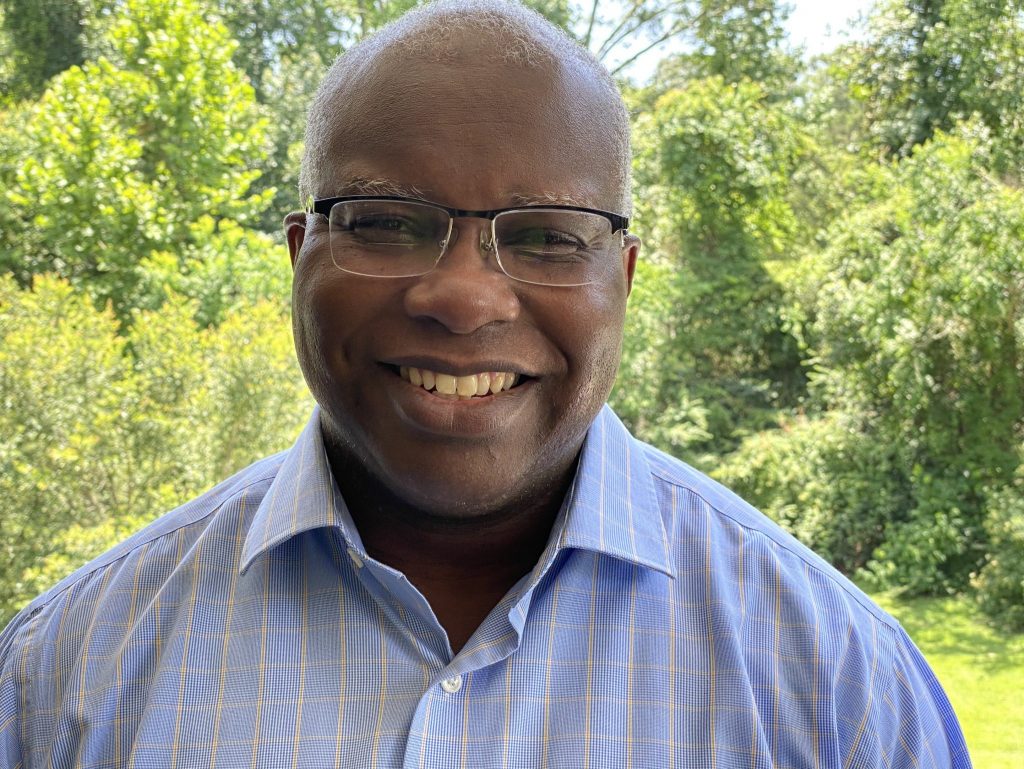Why businesses must develop greater integrity


If you were described as an integrous person, you may wonder whether it was a compliment or not, but it simply means a person full of integrity. I heard the story of a man called James Doty, a neurosurgeon, entrepreneur and university professor, who early in his career was involved in developing the Cyberknife, an invention that netted him millions of dollars. At the turn of the millennium, he promised $30 million USD out of his $75 million USD net worth to charity – just before the dot-com crash of 2000 to 2001, which brought his wealth down to around the $30 million USD he had already pledged. Doty’s lawyers advised him that he could renege on his promise and get out of the pledge; surely people would understand the change of circumstances and he wouldn’t lose his standing in society. However, Doty was a man of his word and decided to do the right thing and go through with his promise, giving away the last of his fortune to charity.
In a much less costly example, at Cotswold Fayre, we announced in the spring of 2019 that we were going to become carbon neutral from August that year; this was based on some logistical change we had made to vastly reduce the carbon impact of our distribution network, meaning that the carbon offset figure for the carbon used in the distribution of our goods was attainable. The data came from our new logistics company, and either we misunderstood the data at the time or we were just given the wrong figures, but the amount we had to pay to sequester our carbon was considerably higher than what we had budgeted for within the business plan. However, there was never any doubt within our management team that we would go ahead and pay the higher amount, even though no one outside the company would know any different. Money doesn’t make decisions for us; doing what is right does.
These days, many companies want to link a social purpose to their products and make great claims about the percentage of their profits they are giving to social justice projects, such as charities working with street children in Brazil. They often push back when I challenge them and ask them how much they have contributed so far. Of course, many startup brands don’t make a profit for a few years, yet these brands’ products often carry such claims during this time. To my mind, this approach lacks integrity. Surely, it is far better for a young company to say that it will give 5p for each product sold, for example.
In many cases, SMEs can often get away with not doing the right thing because no one notices what small companies do. That is the great advantage of a certification process such as B Corp, where businesses must provide evidence of what they are doing and be analysed on how good they are for the world: both the people and the planet.
Doing the right thing when no one is watching
The Urban Dictionary definition of ‘integrity’ is based on a quote often attributed to [author of The Chronicles of Narnia] CS Lewis, but which might actually paraphrase a line by author, Charles W Marshall: ‘Integrity is doing the right thing when no one is watching.’ It is all too easy to trumpet a high moral standing on social media yet not follow through when the heat is turned up a little. I am concerned that occasionally even renowned ethical companies and their leaders sometimes present a better view to the outside world than what is really happening inside of their organisations. There is a need for more integrity and a greater depth of character among leaders.
People detest hypocrisy more than absolutely anything in a leader, and it has been the downfall of many political figures – as seen by the huge furore caused when the UK prime minister’s closest advisor broke his own rules with regards to the Covid-19 lockdown restrictions on at least two occasions. Imagine a stick of Blackpool rock that you can cut through at any point to reveal the word ‘Blackpool’. Would people see integrity running through us and our businesses if they were to figuratively cut through us at any point?
The wonderful message from the James Doty story is that even though he ‘lost’ personally, he still went through with his promises. For some of us, winning is too important and can come at the cost of all else. I know the appeal of this, as, like many entrepreneurs, I am very competitive and hate losing, and I have had to temper that competitive streak to maintain my integrity. The former tennis player, Andy Roddick, provides a great example of this. He was once awarded a match when a second serve from his opponent was deemed to be out. However, Roddick saw the ball’s mark in the clay himself and made the umpire reverse his call. Roddick went on to lose the match, but he maintained his integrity.
The danger of overpromising and underdelivering
So, how, do we develop our integrity? Well, probably the most important factor is silence. If we speak too hastily and make promises, we are in danger of overpromising and under-delivering. It is best not to speak hastily and to even learn to say ‘no’ on some occasions, where we may risk losing our integrity and disappointing customers, suppliers or, worst of all, team members. One of the most common reasons people leave employers is when they have been promised promotions, money or bonuses that haven’t been forthcoming.
In these instances, circumstances may well have changed – as they did for James Doty, to the tune of being $45 million USD poorer; but he stuck with his promises all the same. Incidentally, Doty claimed to be happier than he had ever been after he had given that money away, saying: ‘At that moment I realised that the only way that money can bring happiness is to give it away.’ Being integrous, or full of integrity, is not only the right thing to do, but we will almost certainly be more fulfilled and happier as a result.
Paul Hargreaves is a B-Corp Ambassador, and the Founder and CEO of food and beverage company, Cotswold Fayre. He is also the author of The Fourth Bottom Line: Flourishing in the new era of compassionate leadership (2021).
Read more Business Impact articles related to corporate social responsibility:

Building a career with impact in CSR
Creative and ambitious people that can help businesses shape and deliver their CSR agendas are in demand, says Lakshmi Woodings. Discover what careers in CSR involve and the skills you’ll need to succeed

The principles of business ethics | How to adapt a responsible approach to management
As an impactful business school, adopting a responsible approach to business management is essential, for both the institution and its students alike. In this article,

The mutually beneficial pursuit of ethics and profits
Drawing on Apple and Patagonia as examples, The University of Law Business School’s Stuart Ailion considers the merits of strategies that combine ethical outlooks with profit making
Want your business school to feature in
Business Impact?
For questions about editorial opportunities, please contact:
Tim Banerjee Dhoul
Content Editor
Business Impact














































